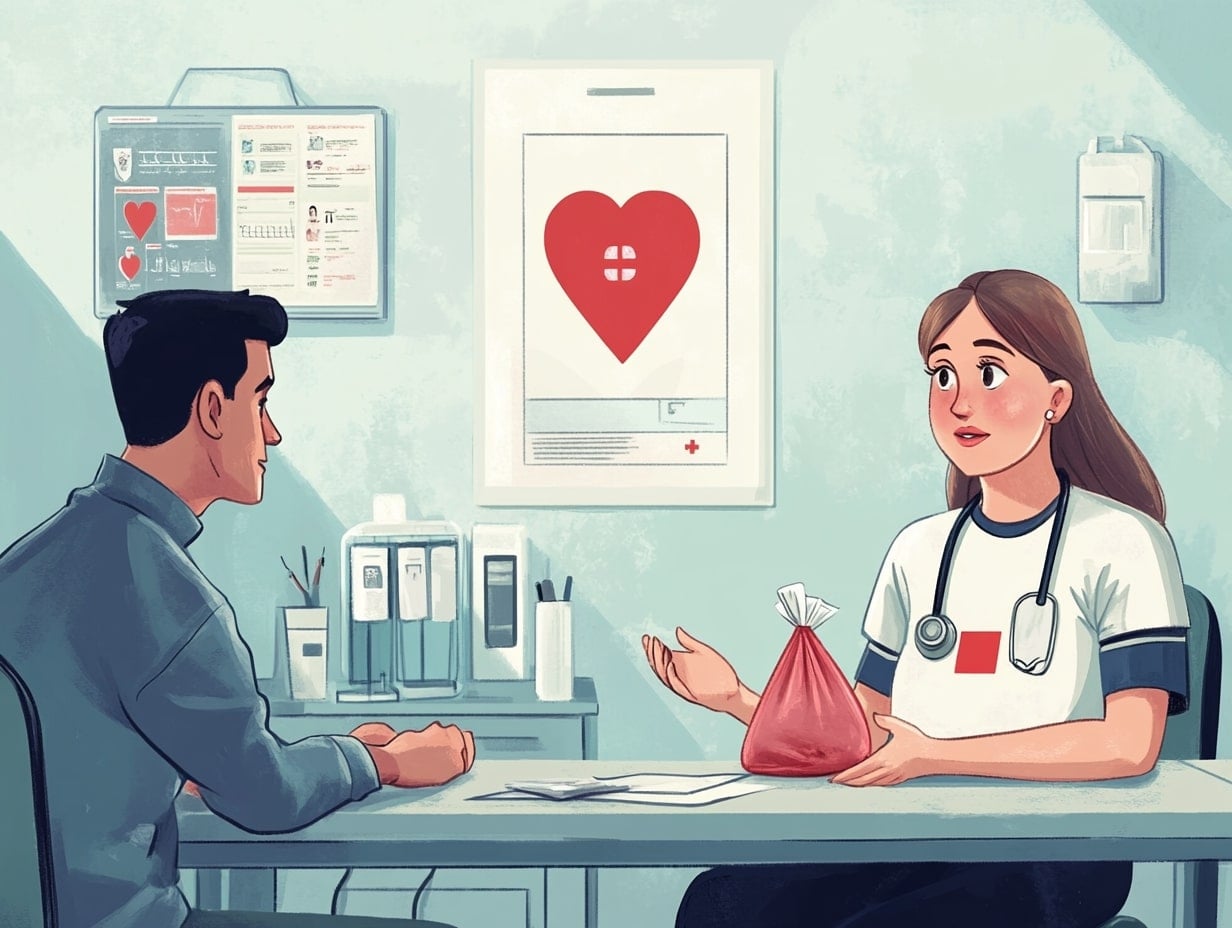Can Donating Blood Expose You to STDs? Debunking Common Fears
Jan 3, 2025
No, donating blood does not expose you to STDs. Blood donation centers follow strict safety protocols, including the use of sterile equipment and careful screening of donors for infections like HIV and hepatitis. The process is safe, and the risk of contracting an STD from donating blood is virtually nonexistent.
The Blood Donation Process and STD Testing
The Blood Donation Process
When you donate blood, the process is designed to be safe for both the donor and the recipient. The blood is collected using sterile needles and equipment to avoid contamination. After your blood is collected, it is tested for a variety of infections before it’s used for transfusions.Rigorous Screening for STDs
Blood banks and donation centers follow strict protocols to ensure the blood they collect is safe. Every donation is thoroughly tested for major bloodborne infections, including HIV, hepatitis B, and hepatitis C. This helps reduce the risk of transmission to the recipient, but it also means that any potential risks to the donor are minimized. Testing is one of the main reasons blood donation is considered safe for both donors and recipients.
Can Donating Blood Expose You to STDs?
No Risk to Donors
The good news is that donating blood does not expose you to STDs. While it’s understandable to have concerns, it’s important to remember that the risk of contracting an STD during blood donation is virtually nonexistent. The sterilized equipment used during donation prevents any possibility of infection transmission. The healthcare professionals administering the donation are highly trained in maintaining safety throughout the process.Why Testing Matters
Although donors themselves do not face an increased risk of contracting STDs, it’s important to note that blood donation centers perform thorough testing on donated blood. This ensures that any potential infections are caught before the blood is used for a transfusion. This protects not only the people receiving the blood but also upholds the integrity of the blood supply system.No Immediate Health Risk for Donors
The risk of getting an STD through blood donation is practically nonexistent, as the blood collection process is sterile and well-regulated. Donors are encouraged to follow safety protocols, such as ensuring they are in good health before donating. Blood donation centers take every measure to ensure safety, both for donors and recipients.
Debunking the Myths
Fear of HIV or Hepatitis from Blood Donation
A common concern is whether donating blood can result in exposure to bloodborne diseases like HIV or hepatitis. Blood donation centers are required by law to screen all donations for these infections, and they follow strict safety measures to prevent contamination. Therefore, the likelihood of a donor being exposed to these infections is almost zero.The Role of Donor Safety
Donating blood is designed with safety in mind. Every step, from the collection process to the storage and testing of blood, is carefully controlled to avoid any risks. Donors are screened for certain health conditions before they are allowed to donate, and any potential risks are minimized through ongoing procedures and testing.
Conclusion
While it’s understandable to have concerns about the risks associated with blood donation, the reality is that donating blood does not expose you to STDs. Blood donation centers take stringent measures to ensure safety, both for the donor and the recipient. With proper testing and safety protocols, the process remains incredibly safe for everyone involved.

Dr. Michael Thompson
Dr. Michael Thompson is an expert in sexually transmitted diseases with extensive clinical and research experience. He leads campaigns advocating for early diagnosis and prevention of diseases like HIV and gonorrhea. He collaborates with local organizations to educate both youth and adults about sexual health.





